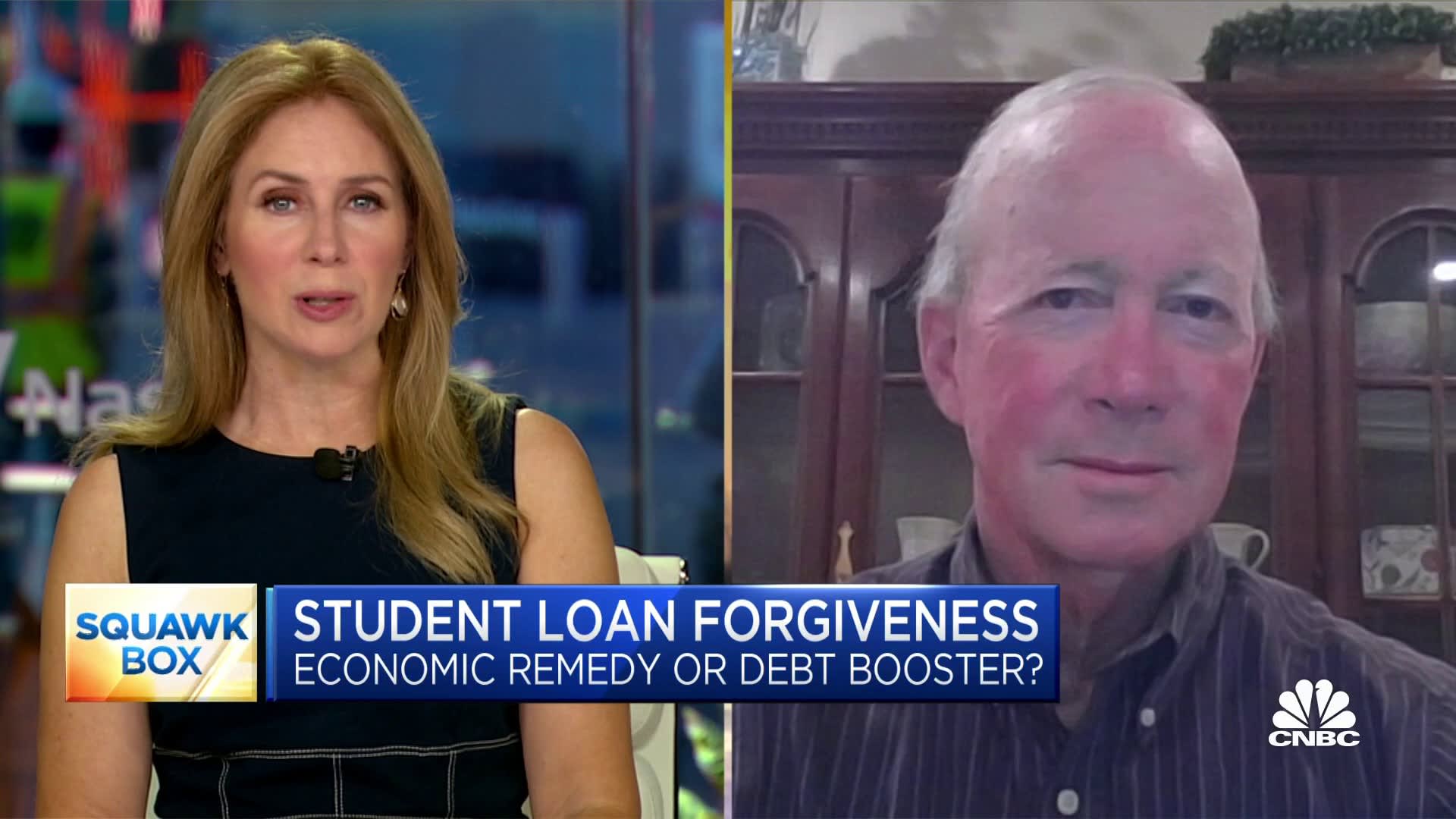President Joe Biden delivers remarks on canceling student debt on February 21, 2024 in Culver City, California.
Mario Tama | Getty Images News | Getty Images
A more targeted forgiveness program

This time, the Biden administration has narrowed its aid by targeting specific groups of borrowers. It hopes that move will help the new plan survive legal challenges.
“I think it would be easier to justify in front of a court that is skeptical of broad authority,” said Luke Herrine, an assistant professor of law at the University of Alabama, in an earlier interview with CNBC.
Tens of millions of borrowers may still benefit if the program endures.
The plan would forgive the debt of borrowers who:
- Are already eligible for debt cancellation under an existing government program but haven’t yet applied
- Have been in repayment for 20 years or longer on their undergraduate loans, or more than 25 years on their graduate loans
- Attended schools of questionable value
- Are experiencing financial hardship
It’s not entirely clear yet how financial hardship will be defined, but it could include those burdened by medical debt or high child-care expenses, the Biden administration said.
The new plan also calls for borrowers to get up to $20,000 of unpaid interest on their federal student debt forgiven, regardless of their income.
For critics, deja vu
For critics of broad student loan forgiveness, Biden’s new plan looks a great deal like his first.
After Biden touted his revised relief program, Missouri Attorney General Andrew Bailey, a Republican, wrote on X that the president “is trying to unabashedly eclipse the Constitution.”
“See you in court,” Bailey wrote.
Missouri was one of the six Republican-led states — along with Arkansas, Iowa, Kansas, Nebraska and South Carolina — who brought a lawsuit against Biden’s last debt relief effort.
The red states argued that the president overstepped his authority, and that debt cancellation would hurt the bottom lines of lenders. The conservative justices agreed with them.
Once the Biden administration formally releases its new student loan forgiveness plan, more legal challenges are inevitable, said higher education expert Mark Kantrowitz.
“Lawsuits will likely follow within days,” Kantrowitz added.

